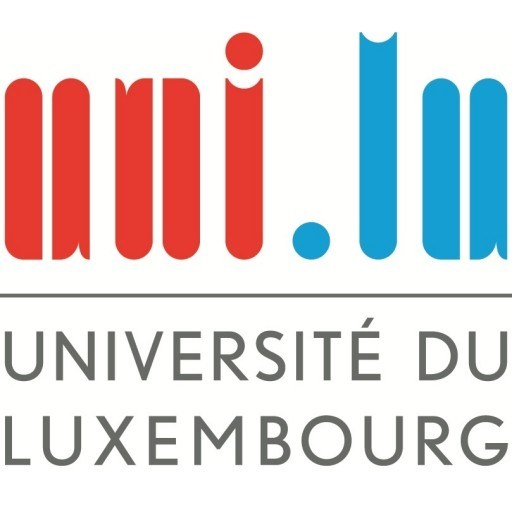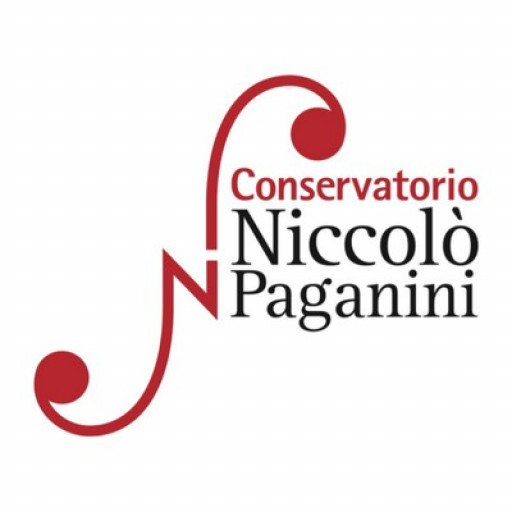The Bachelor of Education in Early Childhood Education at Curtin University is a comprehensive degree program designed to prepare students for a rewarding career in early childhood teaching and care. This program equips aspiring educators with the essential skills, knowledge, and practical experience necessary to foster the development and learning of young children from birth to age eight. Through a blend of theoretical coursework, classroom-based learning, and hands-on field placements, students gain a deep understanding of child development, curriculum design, and effective teaching strategies tailored to young learners. The curriculum emphasizes the importance of creating inclusive, engaging, and developmentally appropriate learning environments that support the diverse needs of children. In addition to core educational theories, students explore areas such as early childhood psychology, health and safety, literacy and numeracy development, and the integration of technology into early childhood education. The program also focuses on fostering strong communication and collaboration skills, enabling graduates to work effectively with families, community organizations, and multidisciplinary teams. Practical experience is a key component of the program, with students undertaking supervised placements in approved early childhood settings, which allows them to apply their knowledge in real-world contexts and develop confidence in their teaching abilities. Curtin University’s strong industry connections and commitment to innovation ensure that students are well-prepared for the evolving landscape of early childhood education. Graduates of this program are eligible for registration with the Australian Children's Education & Care Quality Authority (ACECQA), opening up diverse career opportunities as early childhood teachers, early intervention specialists, childcare center directors, and preschool educators. With its focus on quality education, practical skill development, and inclusive teaching practices, the Bachelor of Education (Early Childhood) at Curtin University paves the way for students to make a meaningful difference in the lives of young children and their families.
The Bachelor of Education (Early Childhood) at Curtin University is a comprehensive degree program designed to prepare students for a rewarding career in early childhood education. This program focuses on providing students with the essential knowledge, skills, and practical experience needed to work effectively with young children from birth to around eight years of age, fostering their development across various domains including cognitive, social, emotional, and physical growth. Throughout the course, students will explore a wide range of topics such as child development theories, curriculum design, inclusive education, health and safety in early childhood settings, and the use of technology to support learning. The program emphasizes a strong foundation in educational principles, combined with practical placements in diverse early childhood environments, enabling students to apply their theoretical knowledge in real-world settings. These placements are integrated throughout the course and are supervised by experienced educators, providing invaluable hands-on experience and professional development opportunities. Curtin University’s approach to early childhood education also encourages students to develop innovative teaching strategies, foster inclusive practices, and understand the importance of family and community engagement in early childhood settings. Additionally, the program covers contemporary issues such as Indigenous perspectives, multiculturalism, and sustainable practices to ensure graduates are well-equipped to contribute positively to diverse communities. The coursework is complemented by research projects and collaborative learning activities, which help students build critical thinking and reflective skills necessary for continuous professional growth. Graduates of the Bachelor of Education (Early Childhood) are equipped to work as qualified early childhood teachers in preschools, childcare centers, and early learning services across Australia. The program also provides pathways for further study and specialization in early childhood education or related fields. With a strong emphasis on both theory and practice, Curtin’s early childhood education program aims to foster dedicated, capable, and innovative educators who can make a meaningful difference in the lives of children and their families.
Please consult with http://study.curtin.edu.au for further details on entrance to this course.
The financing studies for the Bachelor of Education (Early Childhood Education) at Curtin University primarily involve a combination of government-funded schemes, scholarships, and personal financial resources. Domestic students enrolled in this program have access to numerous financial support options, including Commonwealth Supported Places (CSP), which significantly subsidize tuition fees, making higher education more accessible. These CSPs are funded by the Australian government and require students to meet specific eligibility criteria, such as citizenship or residency status.
Additionally, Curtin University offers a variety of scholarships aimed at supporting students pursuing education degrees. These scholarships may be awarded based on academic merit, financial need, or specific criteria related to the field of study. Examples include the Curtin Access Scholarship and the International Equity Scholarship, which provide financial aid to eligible students. Such funding can substantially offset tuition costs and living expenses, thereby reducing the financial burden on students and their families.
International students, on the other hand, are generally required to pay full tuition fees unless they are recipients of university or government-sponsored scholarships. These fees are typically paid upfront or via installment plans, and students are encouraged to explore external funding options or obtain student loans where available. Furthermore, students can seek financial assistance through education loans available in their home countries or through international financial institutions, although the availability and terms of such loans vary widely.
Students often also consider part-time work during their studies to supplement their income. Curtin University maintains robust employment services that help students find part-time jobs on and off campus, providing additional financial support mechanisms. Moreover, some students may receive family support or personal savings to cover their tuition and living costs.
The cost of living expenses in Perth, Western Australia, where Curtin University is located, is an important consideration in the overall financing of studies. These expenses include accommodation, transportation, textbooks, and daily living costs. The university offers guidance and resources to help students budget effectively and access financial planning services.
In conclusion, the financing of the Early Childhood Education program at Curtin University involves a mixture of government subsidies, scholarships, personal savings, part-time employment, and possibly student loans. The university’s support services and financial aid options enable students to manage these costs more effectively, promoting a smoother educational experience and successful completion of their studies.
The Bachelor of Education (Early Childhood Education) at Curtin University is designed to prepare students for a rewarding career in early childhood teaching. This program provides a comprehensive curriculum that covers essential areas such as child development, learning theories, curriculum planning, and classroom management tailored specifically for young children from birth to eight years old. Students gain practical experience through supervised teaching placements in early childhood education settings, allowing them to apply theoretical knowledge in real-world environments. The curriculum emphasizes the importance of inclusive education, creating inclusive classrooms that respect and accommodate diverse learning needs and backgrounds.
Throughout the program, students explore topics such as developmental psychology, educational practices, health and wellbeing of young children, and the integration of technology in early childhood education. Curtin University also emphasizes the development of professional skills including communication, teamwork, and reflective practice, which are essential for effective teaching. Graduates of this program are equipped to work in a variety of settings, including preschools, early learning centers, and child care facilities. They are prepared to support children’s learning and development, foster positive relationships with families, and collaborate with colleagues and community members to promote optimal early childhood outcomes.
The program meets the requirements set by Australian regulatory bodies for early childhood educators, ensuring graduates are eligible for registration as qualified early childhood teachers. Curtin University also offers flexible study options, including full-time and part-time study, to accommodate students’ diverse needs. The university’s state-of-the-art facilities, experienced faculty, and strong industry connections enable students to gain valuable insights and skills that enhance their employability upon graduation. Fieldwork placements are integral to the program, providing immersive experiences that help students develop confidence and competence in teaching young children. Overall, the Bachelor of Education (Early Childhood Education) at Curtin University is committed to equipping future educators with the knowledge, skills, and values necessary to make a positive impact in the lives of children and their families.











